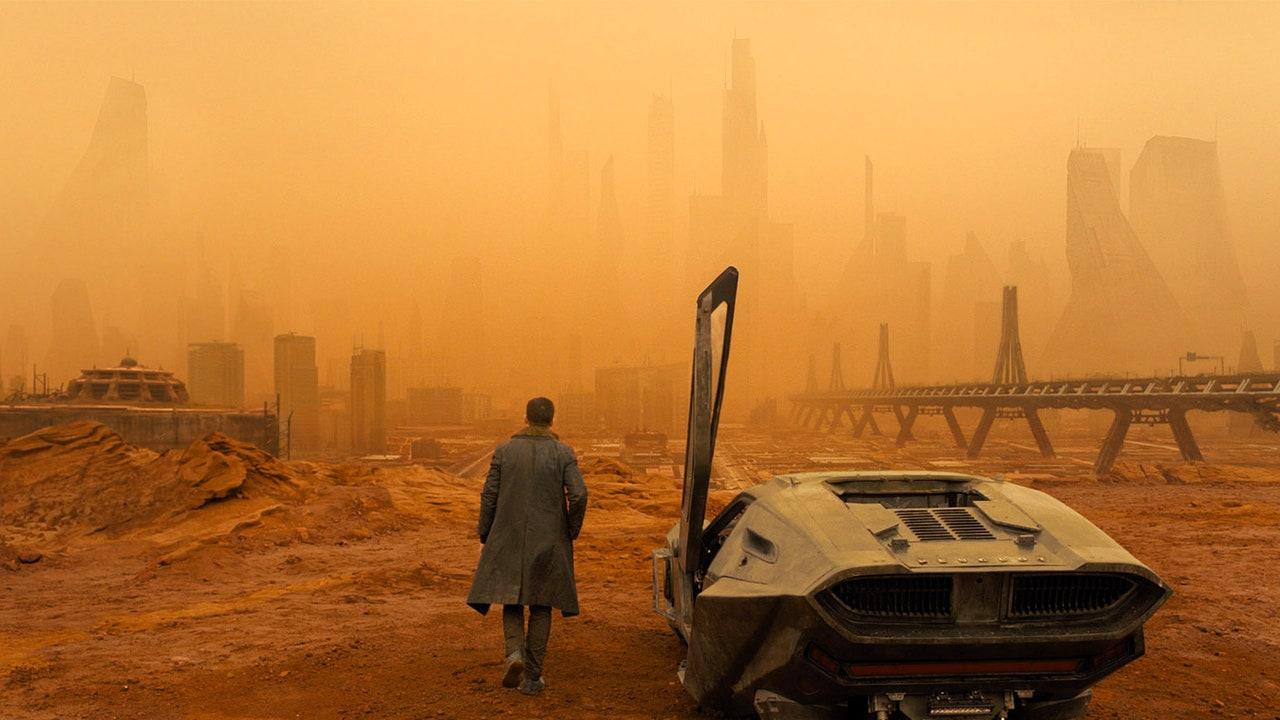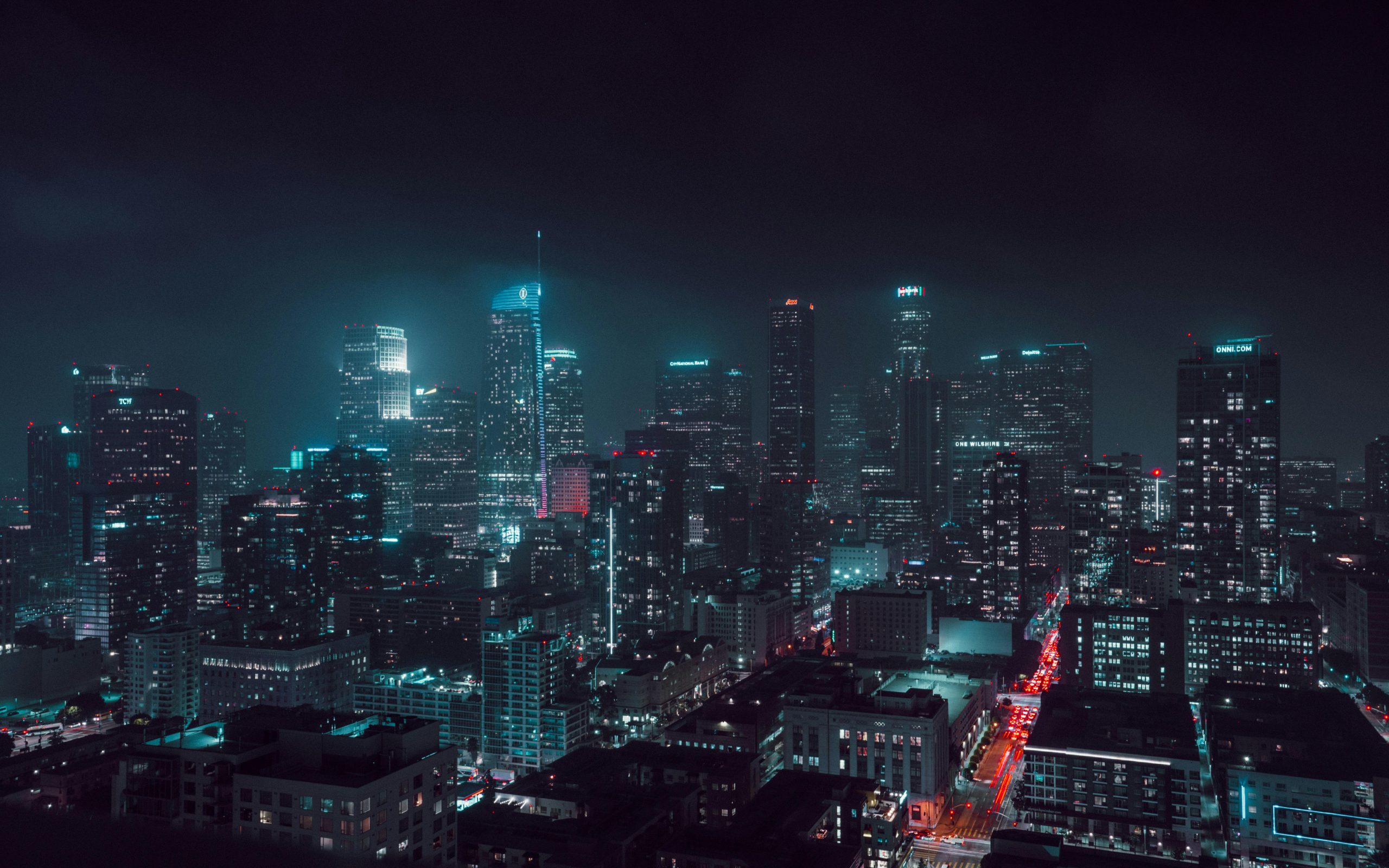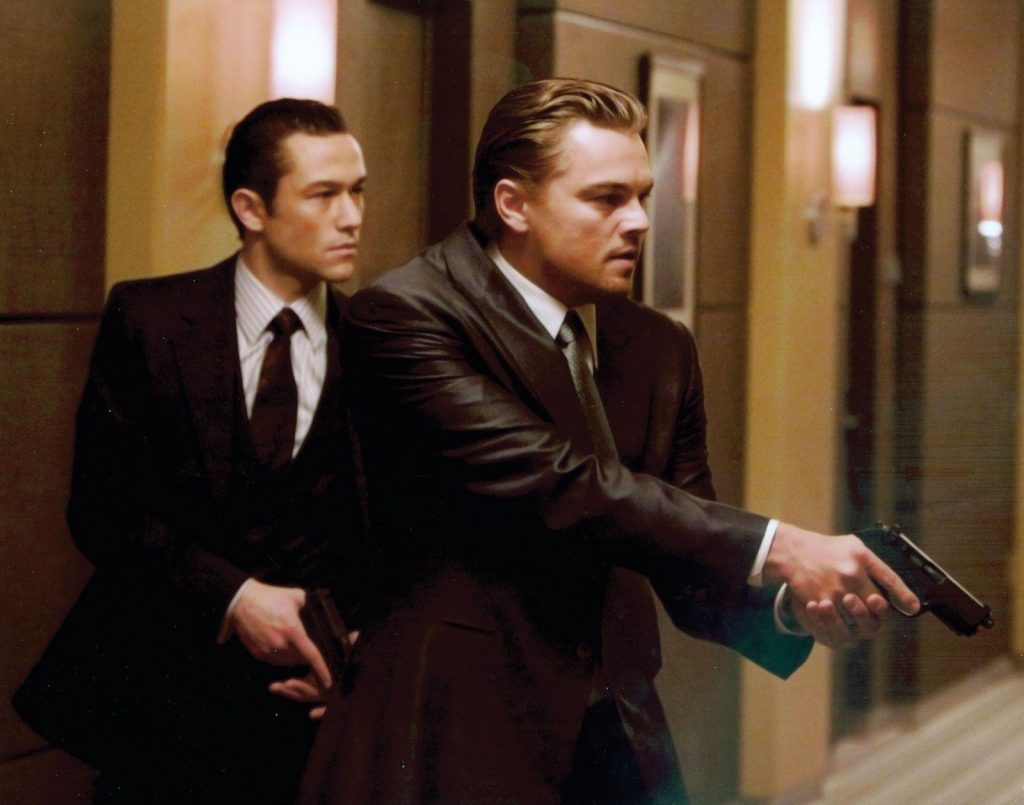In the ever-evolving landscape of science fiction cinema, “Blade Runner 2049” stands as a towering achievement, seamlessly bridging the past and future of the genre. Directed by Denis Villeneuve, this 2017 masterpiece is not merely a sequel to Ridley Scott’s iconic 1982 film; it is a profound exploration of identity, technology, and humanity’s place within an increasingly artificial world. With its breathtaking visuals, thought-provoking narrative, and meticulously crafted soundscape, “Blade Runner 2049″ offers a rich tapestry of themes that resonate deeply with contemporary audiences. For sci-fi aficionados, it is not just a film to watch but an essential experience that challenges perceptions and stimulates intellectual curiosity, reaffirming the genre’s capacity to reflect and shape our understanding of reality.
Visual Mastery and Cinematic Excellence
In the realm of science fiction cinema, Blade Runner 2049 stands as a paragon of visual artistry and meticulous attention to detail. Directed by Denis Villeneuve, the film is a masterclass in crafting a dystopian future that is both hauntingly beautiful and profoundly immersive. The cinematography by Roger Deakins, which earned him an Academy Award, is nothing short of breathtaking. Each frame is meticulously composed, creating a rich tapestry of colors, shadows, and light that enhances the narrative’s depth and emotion.
- Stunning Visuals: From the sprawling cityscapes to the desolate wastelands, every scene is a testament to the film’s commitment to visual storytelling.
- Innovative Design: The fusion of neo-noir aesthetics with futuristic technology provides a fresh yet familiar atmosphere.
- Immersive Atmosphere: The use of sound and visual effects works in harmony to draw viewers into a world that feels both foreign and tangible.
Blade Runner 2049 not only pays homage to the original 1982 classic but also elevates it by pushing the boundaries of what can be achieved in sci-fi cinema. The film’s ability to blend cutting-edge technology with timeless cinematic techniques is a testament to its place as a must-watch for enthusiasts of the genre.
Deep Philosophical Themes and Moral Dilemmas
At the heart of Blade Runner 2049 lies a tapestry of that beckon the viewer to ponder profound questions about existence and identity. The film intricately explores the nature of humanity through its portrayal of replicants—artificial beings designed to be indistinguishable from humans. As viewers follow the journey of Officer K, they are invited to consider what it truly means to be “alive” and how memories shape our sense of self. The narrative delves into the complexities of free will versus determinism, questioning whether beings with pre-programmed purposes can carve out their own destinies.
- Identity and Memory: Can artificially implanted memories hold the same weight as real experiences?
- Existential Purpose: What happens when creations transcend their creators?
- Moral Ambiguity: How do we define the ethical boundaries of creation and control?
These questions are not merely academic but are woven into the very fabric of the narrative, challenging the audience to reflect on their own beliefs and biases. The film’s visual and narrative depth encourages a meditative viewing experience, one that is both intellectually stimulating and emotionally resonant. As the lines between human and machine blur, Blade Runner 2049 compels sci-fi aficionados to confront the enduring moral dilemmas that define the human condition.

Innovative World-Building and Futuristic Vision
At the heart of Blade Runner 2049 lies an extraordinary commitment to creating a rich and immersive universe that captivates and challenges its audience. The film constructs a dystopian future that is both visually stunning and thought-provoking, a testament to its groundbreaking world-building. The setting is meticulously crafted, from the rain-soaked streets of Los Angeles to the sprawling desolation of abandoned metropolises, each location enriched with intricate details that breathe life into the narrative.
Moreover, the film’s futuristic vision is not merely confined to its awe-inspiring landscapes but extends to its exploration of profound themes and societal issues. Key elements that contribute to this vision include:
- Advanced Technology: The film delves into the ethical implications of artificial intelligence and bioengineering, challenging viewers to ponder the boundaries of humanity.
- Environmental Decay: A stark portrayal of ecological collapse serves as a backdrop, offering a cautionary tale about the consequences of neglecting our planet.
- Cultural and Social Dynamics: The narrative weaves complex relationships between humans and replicants, questioning identity, memory, and what it means to be alive.
In combining these elements, Blade Runner 2049 not only advances the science fiction genre but also provides a profound commentary on the future of our world, making it an essential watch for enthusiasts and newcomers alike.

Stellar Performances and Character Development
One of the most striking elements of Blade Runner 2049 is its ability to showcase stellar performances while intricately weaving them into the film’s narrative fabric. Ryan Gosling delivers a nuanced portrayal of Officer K, a replicant on a journey of self-discovery and existential questioning. His performance is subtle yet deeply impactful, capturing the internal conflict of a being caught between programmed obedience and the desire for individuality. Harrison Ford reprises his iconic role as Rick Deckard, bringing a weathered gravitas that adds layers to the film’s exploration of identity and humanity. Ford’s depiction of a man haunted by the past, yet driven by a profound sense of purpose, resonates powerfully.
- Joi (Ana de Armas): Her role as a holographic companion challenges the boundaries of artificial intelligence and emotional attachment, creating a poignant commentary on love and companionship.
- Niander Wallace (Jared Leto): His portrayal of the enigmatic and visionary CEO adds a layer of philosophical depth, raising questions about creation, control, and the essence of life.
Character development is meticulously crafted, each character serving as a vessel to explore the philosophical underpinnings of the narrative. The film’s attention to character arcs ensures that the audience is not just witnessing a futuristic spectacle, but engaging with a profound meditation on what it means to be human. This rich tapestry of performances and character growth makes Blade Runner 2049 an essential viewing experience for any sci-fi aficionado seeking a film that transcends the genre’s traditional boundaries.








